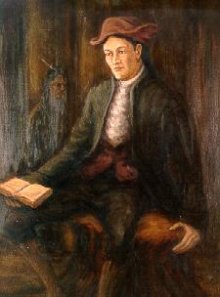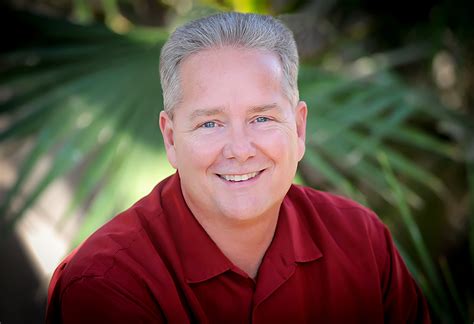A Quote by Seneca the Younger
There is more heroism in self-denial than in deeds of arms.
Related Quotes
The very act of faith by which we receive Christ is an act of the utter renunciation of self, and all its works, as a ground of salvation. It is really a denial of self, and a grounding of its arms in the last citadel into which it can be driven, and is, in its principle, inclusive of every subsequent act of self-denial by which sin is forsaken or overcome.
If any man would come after me, let him deny himself." The disciple must say to himself the same words Peter said of Christ when he denied him: "I know not this man." Self-denial is never just a series of isolated acts of mortification or asceticism. It is not suicide, for there is an element of self-will even in that. To deny oneself is to be aware only of Christ and no more of self, to see only him who goes before and no more the road which is too hard for us. Once more, all that self denial can say is: "He leads the way, keep close to him.
Few of us will do the spectacular deeds of heroism that spread themselves across the pages of our newspapers in big black headlines. But we can all be heroic in the little things of everyday life. We can do the helpful things, say the kind words, meet our difficulties with courage and high hearts, stand up for the right when the cost is high, keep our word even though it means sacrifice, be a giver instead of a destroyer. Often this quiet, humble heroism is the greatest heroism of all.
Isn't every hero aware of all the terrible reason they did those good deeds?" Aware of every mistake they ever made and how good people got hurt because of their decisions? Don't they recall the moments they weren't heroic at all? The moments where their heroism led to more deaths than deliberate villainy ever could?







































